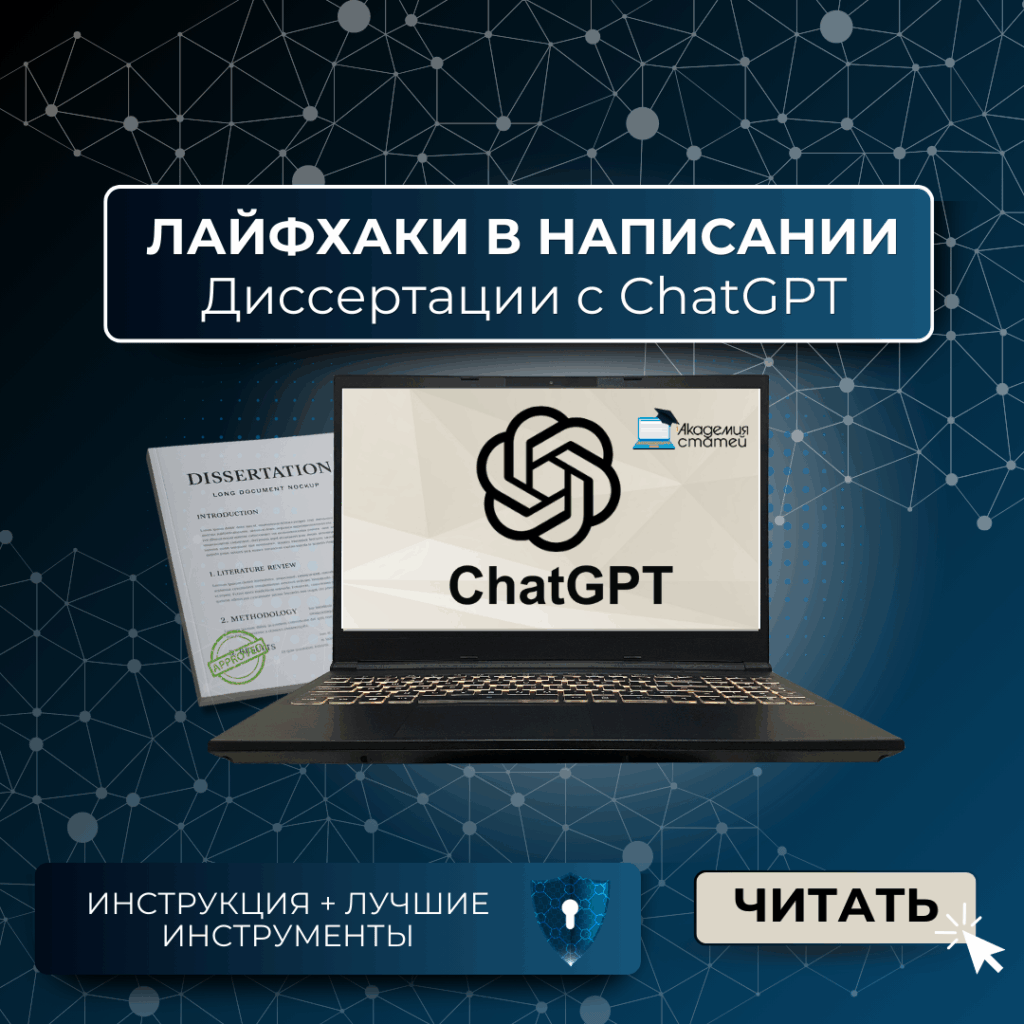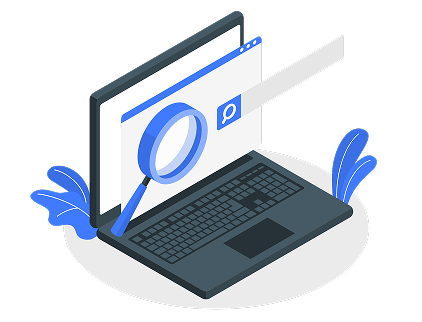Anyone involved in scientific articles, dissertations, publications, and research projects has heard of scientometric databases (abbreviated DB). These collections play a crucial role in providing information and support to scientists in all countries, including the post-Soviet space.
Numerous platforms have been developed, but Scopus and Web of Science are considered the most accessible and useful. Both are suitable for individuals or organizations to gain rankings, which are measured by the number of indexed and published works (such as research articles, doctoral dissertations, or dissertation abstracts posted in Scopus or Web of Science). But how do these databases differ, and which one should you choose to ensure your publication passes review and is included in a scientific journal? We'll explore this.
Where are scientometric databases used?
No scientist will be recognized in the global community without at least one publication in Web of Science or Scopus. Furthermore, without published research articles in Scopus, it's unlikely they'll be able to apply for grants and participate in competitions, expect career advancement, or sign a contract with an educational institution or organization that collaborates with Scopus or WoS.
Of course, if a scientist plans to work and develop only in their home country and has no plans to expand internationally, they don't need to publish in Scopus. It's enough to graduate from a university, defend their dissertation, and sign an employment contract with a local organization. However, to apply for high-paying positions abroad, they will need to learn how to use abstract and bibliographic databases (Scopus, Web of Science, and others) with built-in tools that can track the citation status of publications online and in print.
It's worth noting that foreign databases like Scopus, Google Scholar, and Web of Science were created much earlier than domestic ones, as early as the 19th century. Therefore, one can only imagine how much data they store. However, each publication is unique, so it's impossible to say that Scopus or Web of Science will be useful for everyone. For this, it's better to conduct a comparative analysis, which will help you make a personalized choice.
Scopus: History and Brief Information
Scopus is one of the largest international publicly accessible abstract databases, updated annually with more than 2 million articles. Scopus allows scholars worldwide to access both abstracts and citations from published research articles, as well as the full text. Furthermore, Scopus can find publications on any topic by filtering them using appropriate filters (multiple languages supported). Furthermore, a selected research article can be automatically compared with others by Scopus's artificial intelligence, which operates according to a predefined algorithm.
Scopus is indispensable not only for research but also for doctoral or candidate dissertations, which require analyzing the work of a single scientist: their interests, their conclusions and discoveries, their productivity and citation rate, etc. Moreover, Scopus can be used to compare one scientific journal with another, using several different parameters. This allows the author to choose the best Scopus-listed publication for their work.
The most important metric for any database is indexing. Scopus indexes over 24,000 publications from 5,000 publishers worldwide, a third more than Web of Science. And this number is growing daily, so any user can find literature in Scopus on virtually any discipline. Scopus also supports abstracts, research articles, books, reports, monographs, and conference abstracts in various languages.
By subscribing to Scopus, you'll gain access to vast amounts of up-to-date, verified information, essential for tracking trends and conducting collaborative research (including finding partners or like-minded individuals). Scopus is designed not only for information search but also for analyzing the data, monitoring citation rates and link usage, comparisons, and other research on the topic of interest.
Scopus supports indexing both individually (when the author is the author of a scientific article) and by the user's organization. Simply indicate the name of the organization or educational institution in your Scopus profile, and you will be linked. Institutions can create their own profiles; to do so, their employees must have at least one publication or other type of scientific article in Scopus, published during their official employment with the organization.
Web of Science: the history of the database's development and its characteristics
Web of Science is a scientometric database that hosts works from 12,000 highly cited global journals. This scientific journal is used not so much for studying global trends as for deeper analysis and historical discourse on the topic under study.
The Web of Science database is considered one of the oldest digitized catalogs in the world, having existed since the mid-20th century and encompassing over 50 million scientific articles, dissertations, and other works from printed publications, monographs, books, conference proceedings, and monographs. This platform will be useful for those interested in the natural sciences, social sciences, engineering, art, and history. However, the Web of Science can also facilitate development in other fields, as it contains works on over 250,000 topics, comparable to Scopus.
Several characteristics distinguish Web of Science from other similar online directories:
- Support for seven languages, including Russian (not all international platforms, including Scopus, can boast this. They typically limit themselves to English, German, and sometimes Spanish, French, and Italian).
- All scientific journals, no matter how large or influential they are, are valued equally when indexing and assessing the reputation of scientists and journalists.
- Web of Science supports full indexing, guaranteeing user access to all works, including individual developments and research by organizations and educational institutions.
- The resource features works from regional databases in China, Russia, Latin America, and even Korea.
Web of Science offers access not only to publications but also to author information, citation counts, research details, funding, and institutional affiliations. Users can also subscribe to a notification mailing list to stay informed when a new publication or research article on a specific topic is published. The mailing list will be sent automatically to the email address specified in their Web of Science profile.
Given the above, it can be concluded that the international Web of Science platform combines abstract databases with patents, publications, and other research works. WoS makes it easy to search for bibliographic information or books by:
- to the author,
- the company he works for,
- research topic,
- the country of residence or work of the scientist,
- the name of the publisher or scientific journal,
- subject categories and other filters.
Web of Science supports citation tracking, which is necessary for calculating the h-index and other indicators needed for scientists to obtain grants or apply for their own laboratory at a major international company. The only drawback of Web of Science is that, despite its multilingual nature, the platform primarily considers publications in English, which can lead to inaccuracies in index calculations.
All information in Web of Science is updated weekly, but if you need to search for literature from previous years, the database is virtually unrivaled. This database differs from Scopus in its depth and breadth of coverage and its support for comprehensive citation searches thanks to its partnership with Thomson Reuters.
Indexing deadlines in Scopus and Web of Science
Indexing is one of the most important indicators to consider when searching for a scientific journal to publish your article in or when selecting a database. Remember that any target scientific journal should not only be relevant to the topic of your article but also be indexed in Web of Science or Scopus.
In Scopus, indexing takes 4 to 8 weeks. In Web of Science, this process is slightly faster, from 3 to 6 weeks. However, there are exceptions. If you want to speed up the indexing of your article, you should contact Web of Science support directly and request an expedited indexing process. Scopus and WoS specialists are happy to accommodate scientists. If you don't know how to do this correctly, the Article Academy will be happy to help you speed up the indexing of your scientific articles.
It's impossible to say definitively whether Scopus or Web of Science is better for getting a publication or research article noticed and recognized. The comparison is similar to how scientists choose a scientific journal to publish their work in—subjective opinions often play a role. Therefore, for the sake of research integrity, it's best to use Scopus and Web of Science simultaneously—they complement each other and help with both source selection and citation depth analysis.






